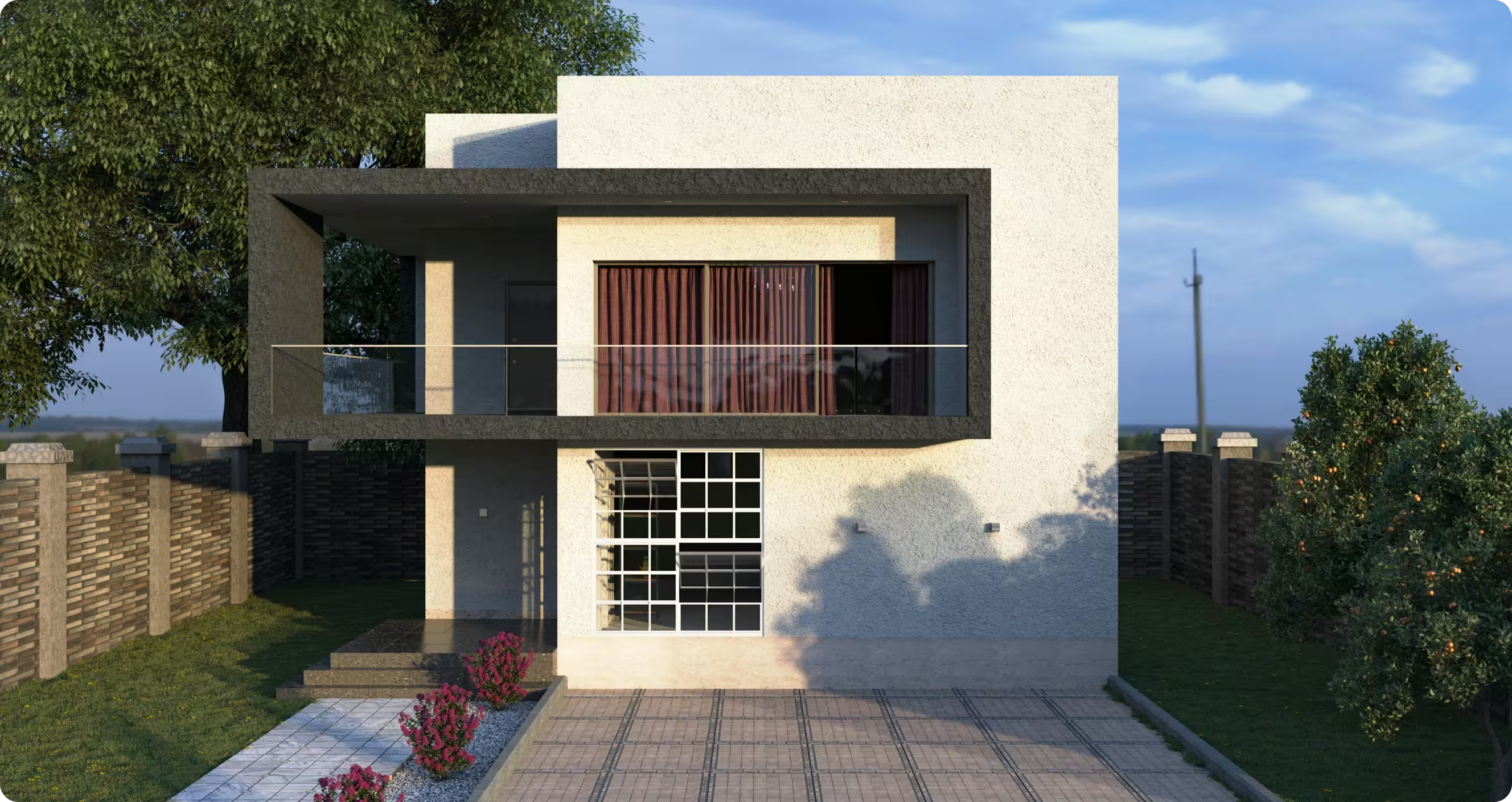ADU Financing: What You Need to Know

Understanding Your Financing Options
ADU construction in California usually costs between $180,000 and $300,000. The price depends on the unit’s size, design, and local laws. Since few homeowners can afford that sum out of pocket, financing becomes essential. Fortunately, there are a number of adaptable options available today.
1. Home Equity Loan or HELOC
If you’ve built up equity in your primary residence, a Home Equity Loan or a Home Equity Line of Credit (HELOC) can fund your project. These loans typically offer lower interest rates since they’re secured by your home. For example, a homeowner in Los Angeles with $400,000 in home equity could borrow $150,000 at an interest rate of around 7%, paying back only on the amount used if it’s a HELOC.
2. Cash-Out Refinance
This option replaces your current mortgage with a new, larger one. You receive the difference in cash to build your mini home. If mortgage rates are less than they were when you originally purchased your house, that's great. One way to free up $150,000 for ADU construction would be to refinance a $500,000 mortgage at 4.5% into a $650,000 loan.
3. Construction Loan
Construction loans are short-term loans that convert into a permanent mortgage after your house is built. They’re great if you don’t yet have enough equity in your home. However, they usually involve higher interest rates and more documentation.
4. Specialized ADU Loan Programs
Some lenders now offer loan products created specifically for ADUs. These can include energy-efficient incentives or appraisal methods that consider future rental income. In California, certain credit unions and cities even provide ADU grant programs. For example, Los Angeles County’s pilot program offered homeowners up to $75,000 in assistance.
Key Factors to Consider Before Applying
Securing money is only one aspect of financing an ADU. You must assess the long-term advantages as well as your entire financial situation.
- Credit Score: Better terms are typically unlocked by a score above 680.
- Equity and Income: Lenders usually allow you to borrow up to 85% of your home’s value.
- Rental Potential: A unit rented for $2,000 per month can easily cover loan payments and even generate profit.
- Permits and Timelines: Preapproval doesn’t equal instant funding - factor in city permits, design approvals, and inspections.
Before you apply, make a clear budget. Add costs for design, city fees (usually $5,000-$10,000), and extras like solar panels or separate meters.
Smart Ways to Boost Your ADU Profit
A well-planned ADU can significantly boost property value and cash flow. An ADU can generate a steady income stream and raise home values by 20–30% in places such as Sacramento or San Diego. Remember these tactics:
- Prior to selecting a financing plan, evaluate several lenders. A rate reduction of even 1% can result in thousands of savings.
- After the ADU is constructed and making money, think about refinancing in the future.
- Save time and money by working with skilled ADU builders and architects who are aware of local building codes.
- By contrasting your anticipated rental income with your monthly loan payment, you can determine your possible return on investment.
For instance, your monthly payment would be about $1,550 if you borrowed $200,000 for the building at a rate of 7% for 20 years. You could make about $650 a month renting your ADU for $2,200, which would also increase the value of your property.
Financing an ADU may seem complicated, but with the right preparation, it’s easier than most homeowners think. At ADUScale, we guide you step-by-step - from evaluating financing options to selecting the best design for your budget. An ADU isn’t just another construction project, it’s an investment in your property’s future and your financial freedom.
Please contact us if you have any questions.

